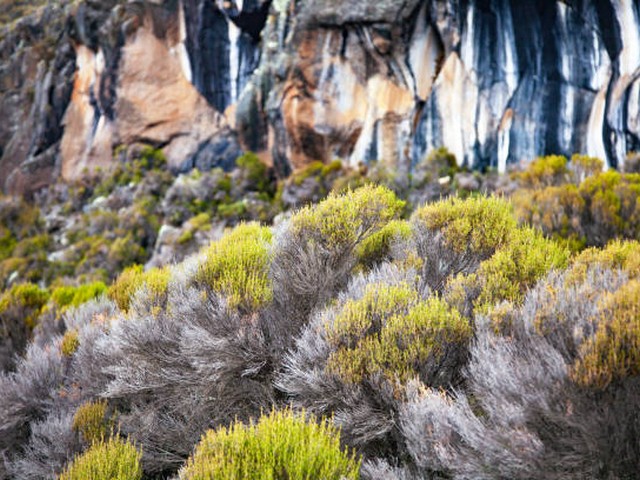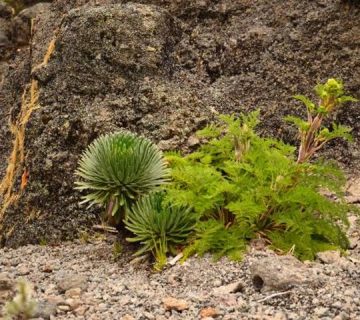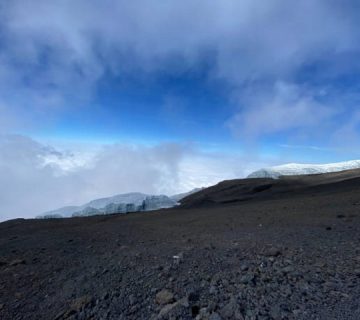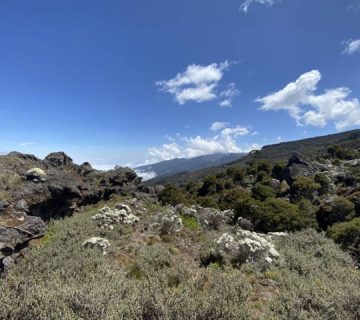Essential Health Tips For Kilimanjaro Trekkers
Standing as Africa’s highest peak, Mount Kilimanjaro beckons adventurers from all corners of the globe with its snow-capped summit and breathtaking views. But the journey to Uhuru Peak is not just a walk; it’s a test of endurance, determination, and preparation. At the Kilimanjaro Centre for Trekking and Ecotourism (KCTE), we are committed to ensuring that every trekker is well-prepared, not just in spirit but also in health. Embarking on this adventure requires a well-equipped body and mind, and today, we’re here to guide you through the essential health tips that every Kilimanjaro trekker needs to know.
Preparing Your Body for the Climb
Fitness: A Foundation of Success
Climbing Kilimanjaro is a physically demanding endeavor. It is essential to prepare your body months before you set foot on the mountain. Engage in regular cardiovascular exercises such as running, swimming, or cycling to build your stamina. Strength training is equally important, as you will be hiking with a backpack for multiple days. Exercises like squats, lunges, and planks will strengthen your legs and core, crucial for climbing and stability.
Altitude Acclimatization
Acute Mountain Sickness (AMS) can be a major hurdle. It’s imperative to understand how your body reacts to high altitudes. If possible, train on high-altitude terrains or use a stair stepper to simulate uphill climbing. Learning breathing techniques can also significantly aid in acclimatization. Remember, “pole pole” (slowly, slowly) is the mantra to follow on the mountain to allow your body to adjust to decreasing oxygen levels.
Nutrition: Fueling the Ascent
Balanced Diet
Start focusing on a balanced diet well before your climb. A diet rich in carbohydrates provides the necessary energy, while proteins aid in muscle repair and recovery. Do not underestimate the power of hydration; water is your best friend during the climb, helping to mitigate the effects of altitude sickness.
Nutrient Timing
During the climb, your body will be expending a lot of energy. Eat small, frequent meals to maintain energy levels. Snacks like nuts, dried fruits, and granola bars are great for quick refueling. Our KCTE guides are trained to help optimize your meal plans to ensure you’re appropriately energized throughout your journey.
Mental Health and Well-being
Stress Management
The climb, though exciting, can be mentally taxing. Engage in relaxation techniques such as yoga or meditation in the months leading up to your trek. A positive mindset will help you overcome the various mental challenges that may arise during the climb.
Sleep
Good sleep is crucial. Ensure you get adequate rest in the weeks before your trip. Once on the mountain, try to maintain a regular sleeping pattern, even though the changing conditions and altitudes might make this challenging.
Medical Check-up and Vaccinations
Routine Check-up
Visit your healthcare provider for a full medical check-up to ensure you are fit for the climb. Discuss any pre-existing conditions that might affect your trekking experience and get appropriate advice and medications approved for high altitudes.
Vaccinations and Travel Insurance
Ensure that your vaccinations are up-to-date, and consider health insurance that covers high-altitude trekking. Malaria prophylaxis might be recommended, depending on your itinerary in Tanzania.
Gear and Clothing
Suitable Clothing
Temperature on Kilimanjaro can vary widely. Dressing in layers will allow you to adjust to the changing conditions easily. Invest in good quality, insulated, and waterproof gear to handle the cold and wet environments.
Footwear
A good pair of waterproof hiking boots is critical. Make sure they are well-broken-in to avoid blisters. Pair them with moisture-wicking socks to keep your feet dry and comfortable.
FAQ Section
What is the best time of year to climb Kilimanjaro?
The best times to climb Kilimanjaro are during the dry seasons, from June to October and from December to March.
How long does it take to climb Kilimanjaro?
It typically takes about 5 to 9 days depending on the route. We recommend routes that allow better acclimatization and higher success rates.
Are there age restrictions for climbing Kilimanjaro?
There are no official age restrictions, but climbers should be in good health. We’ve had successful climbers from ages 10 to 80!
What if I have a medical condition?
Consult with your doctor and inform your tour operator. At KCTE, we ensure that our guides are trained to handle various health situations effectively.
Climbing with Kilimanjaro Centre For Trekking and Ecotourism (KCTE)
Choosing the right tour operator is crucial for a successful summit attempt. At KCTE, we pride ourselves on providing the best possible experience, with a focus on safety, environmental sustainability, and local community benefits. Our expert guides and porters are here to ensure that your climb is not just successful but also incredibly enjoyable.
Embarking on the journey to conquer Kilimanjaro’s summit requires more than just physical strength; it requires thorough preparation, a committed heart, and a keen mind. By following these essential health tips and choosing a dedicated and knowledgeable operator like Kilimanjaro Centre for Trekking and Ecotourism (KCTE), you are setting yourself up for success. Are you ready to take the first step towards the roof of Africa? Book your climb with us today and make your dream of conquering Kilimanjaro a reality. Let the adventure begin!




